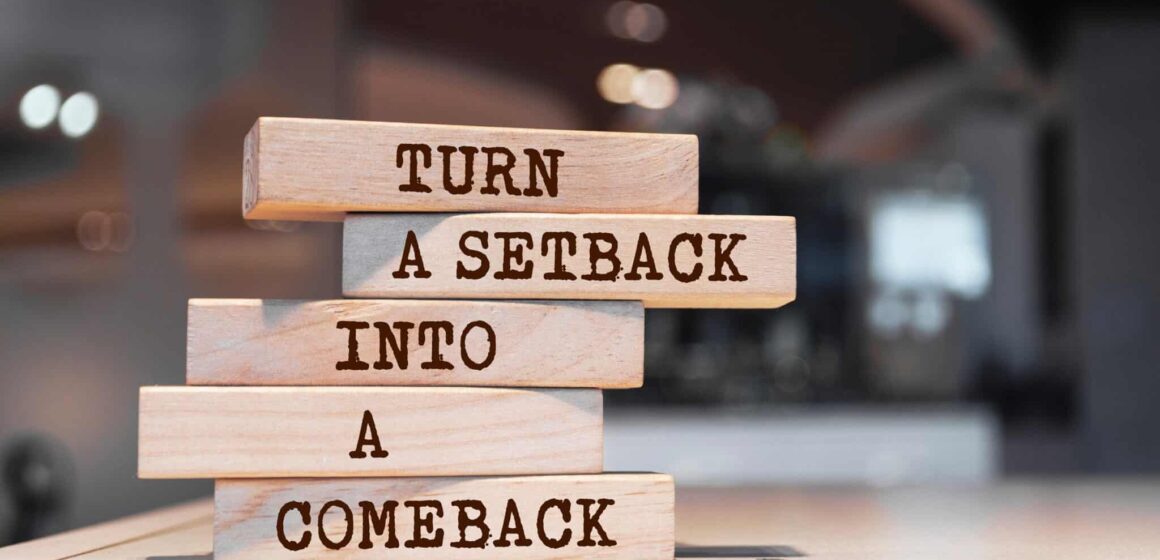Everyone experiences failure at some point. It may feel frustrating, disheartening, or even scary. But failure doesn’t define you. Instead, it can lead to meaningful growth and success. Each setback is a chance to learn something new about yourself, your goals, or your methods. For example, a missed exam score might teach you better study habits, or a lost match could show where your skills need improving. By learning from these moments, you can grow stronger and aim higher.
1. Accept Your Feelings
It’s okay to feel disappointed or upset. You might feel sad after a bad grade or embarrassed after losing a game. But don’t judge yourself for feeling this way. Everyone experiences failure, and emotions are normal.
Give yourself some time to sit with your emotions. It can help you process what happened and move forward. At the same time, be kind to yourself. Treat yourself like you would treat a friend going through the same thing. You wouldn’t be harsh on a friend, so don’t be harsh on yourself!
2. Look at What Went Wrong
It’s time to think about what happened now that you feel better. Think about things like “Why did I fail?” or “What could I do differently next time?” Being able to figure out why you failed is very important.
Let’s say you forgot to study for a test. You may learn that you need a better way to keep track of dates and due dates. Or maybe you didn’t get ready for a speech well enough. That might mean the next time you need to drill more.
The mistake should be broken up into smaller parts. Find the places where things didn’t work in each piece. This will show you what you need to work on.

3. Listen to Feedback
Sometimes, other people can help you see things you might miss. Talk to someone you trust, like a teacher, parent, or friend. Ask them for their thoughts on what happened. They might have advice that helps you try again.
4. Create a New Plan
Failures often mean you need a new approach. Take what you learned and use it to make a better plan. For instance, if you forgot homework, you could start using a calendar or setting reminders on your phone.
Your plan should focus on specific goals. Make sure your goals are clear and easy to track.
5. Take Action
A good plan is only helpful if you take action. Start working on your goals right away. Small steps are better than no steps. If you wait too long, you might lose the energy to improve.
6. Build Resilience
Resilience means bouncing back when things go wrong. It’s what helps you stand up after every failure. One way to build resilience is to remember your past successes. Think about times when you worked hard, overcame challenges, and felt proud.
Also, focus on what you’re good at. Your strengths are tools that can help you reach your goals.
Failures will seem less scary if you believe in your ability to keep trying. Overcoming one challenge will motivate you to face the next one.
7. Stay Positive
Failure feels difficult, but it’s also a chance to improve. Successful people don’t see failure as the end. They see it as a chance to learn.
If one plan doesn’t work, try another. You can try new strategies and take bold steps without fear of failure. Your creativity and willpower will grow when you see failure as just another step on the road to success.

8. Take Care of Yourself
Sometimes, setbacks feel worse because we’re already tired or stressed. Make sure to take care of your body and mind. Eat healthy food, sleep well, and stay active.
Good habits give your mind the energy it needs to handle challenges. When you’re well-rested and healthy, failures won’t feel as overwhelming.
9. Ask for Help
Don’t try to do everything alone. Ask for help when you need it. Talk to friends, family, or teachers. They can support you and share useful tips.
Learning to ask for help makes you stronger, not weaker. You’ll gain new ideas and encouragement to keep moving forward.
Key Takeaways
Failures are part of life. They can feel hard at first, but with the right mindset, they can lead to great success. Accept your emotions, learn from mistakes, and take action. Stay resilient, stay positive, and lean on others when you need to.
When you turn your failures into lessons, every setback becomes a chance to grow. Keep trying, and you’ll bounce back bigger and better every time!
Thank you for reading, click the link to read more of our Advice articles
Inside Success presents to you our digital platform, created to inform, inspire and empower 16-35s. Through our articles, we aim to bring bold ideas, fresh voices and real conservations to life. From mental health advice, to career information, and fashion tips to social issue debates, Inside Success is proud to have created a platform that has something to cater to everyone.




Leave a Reply
You must be logged in to post a comment.